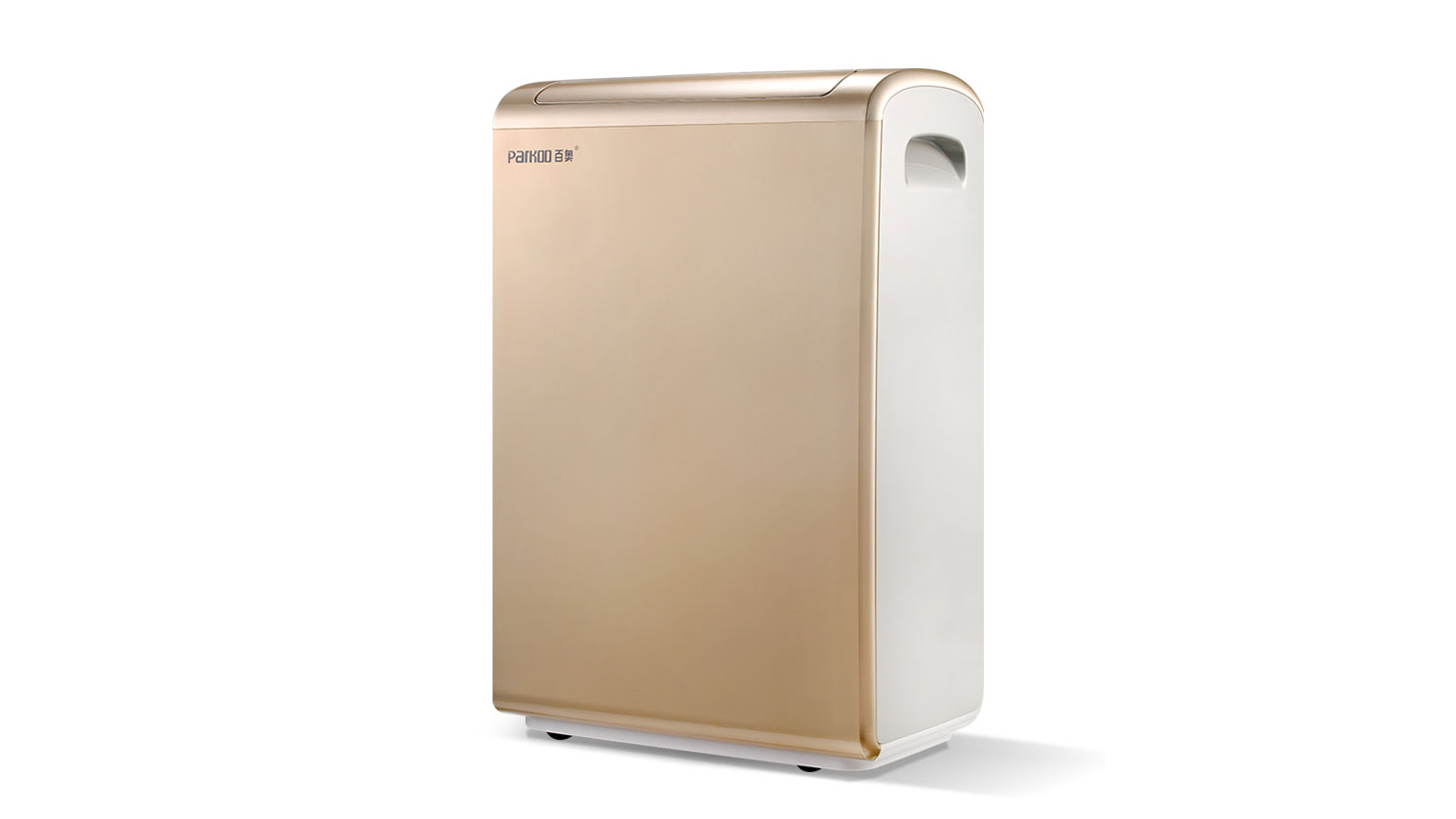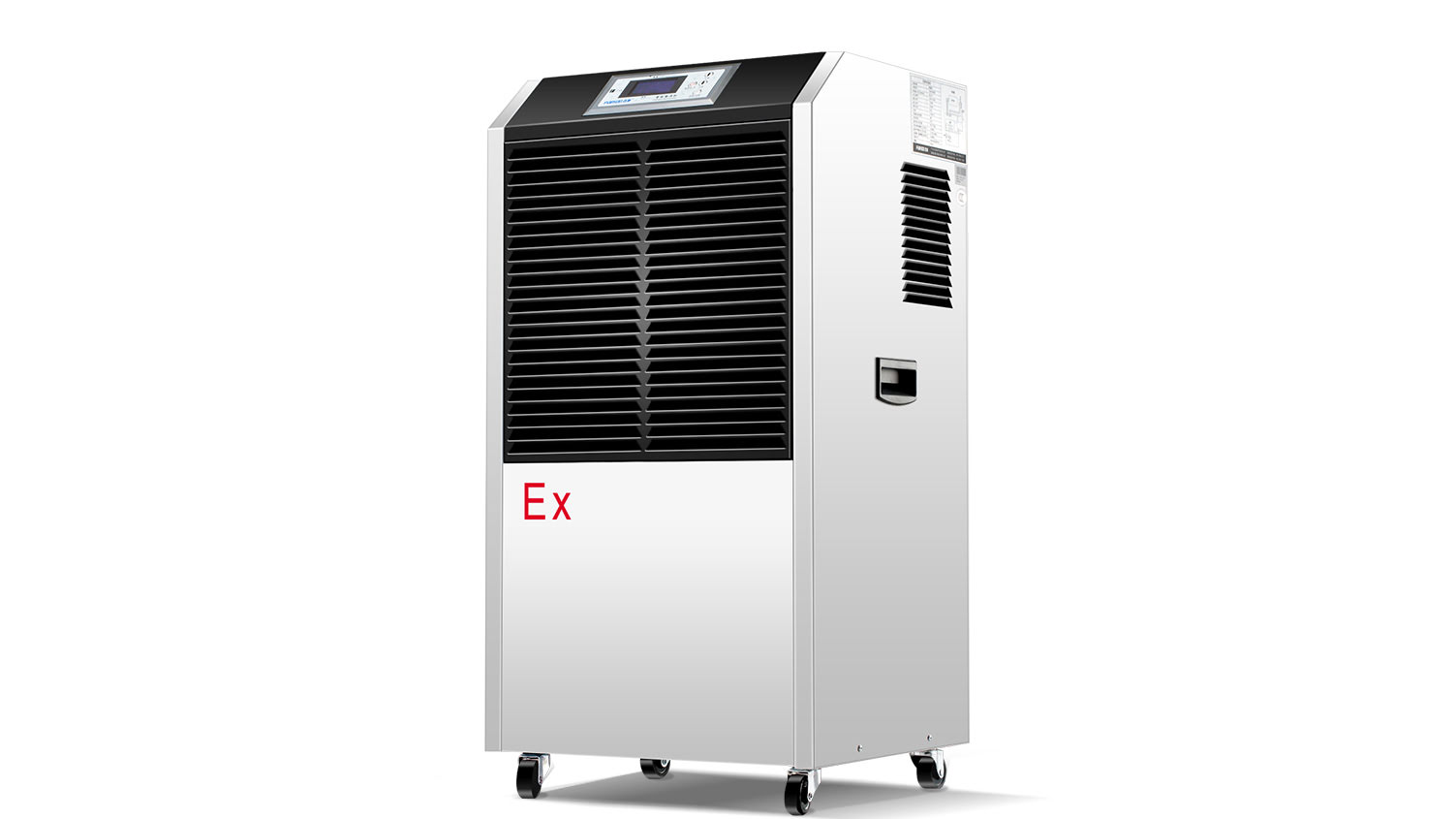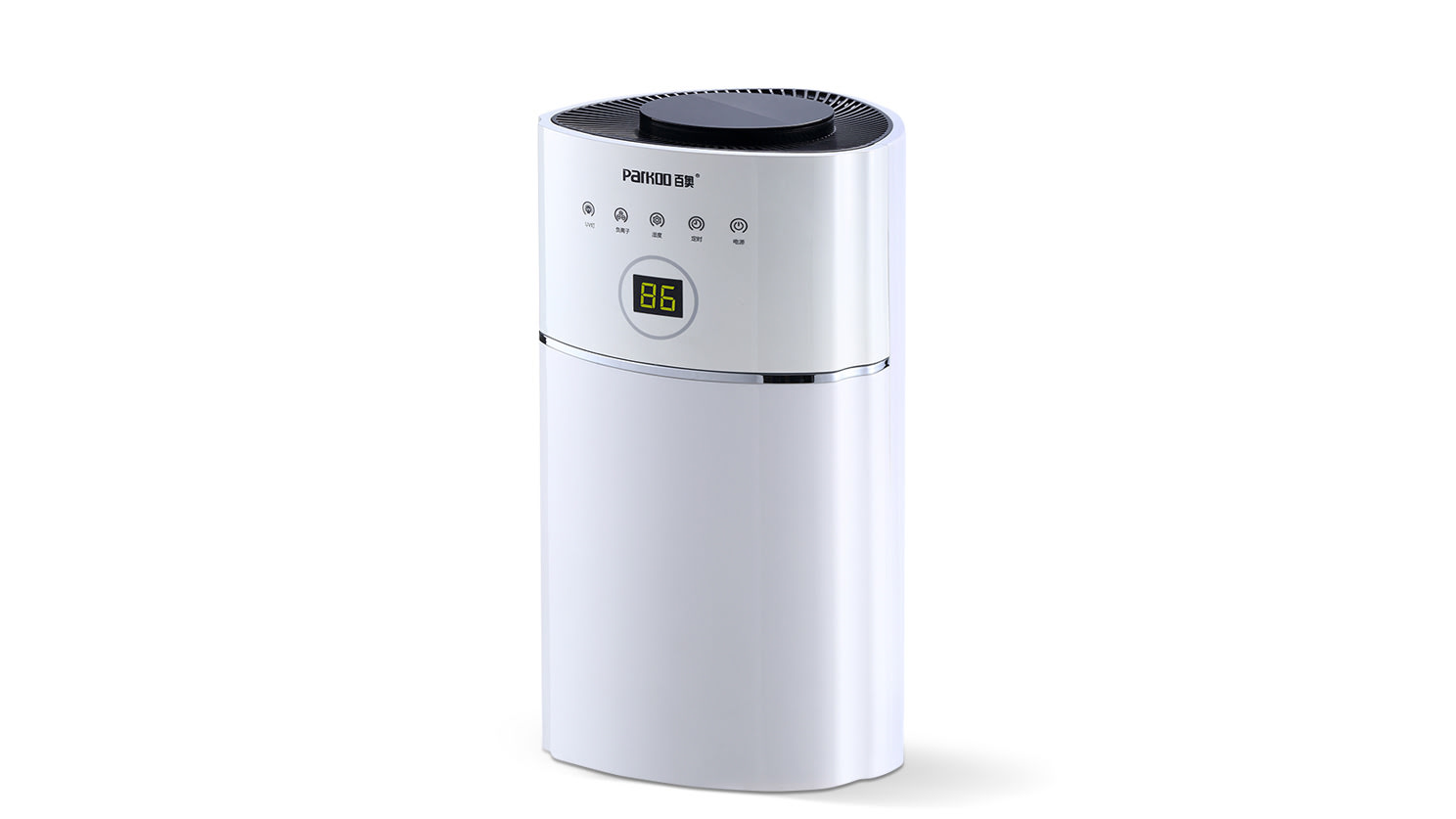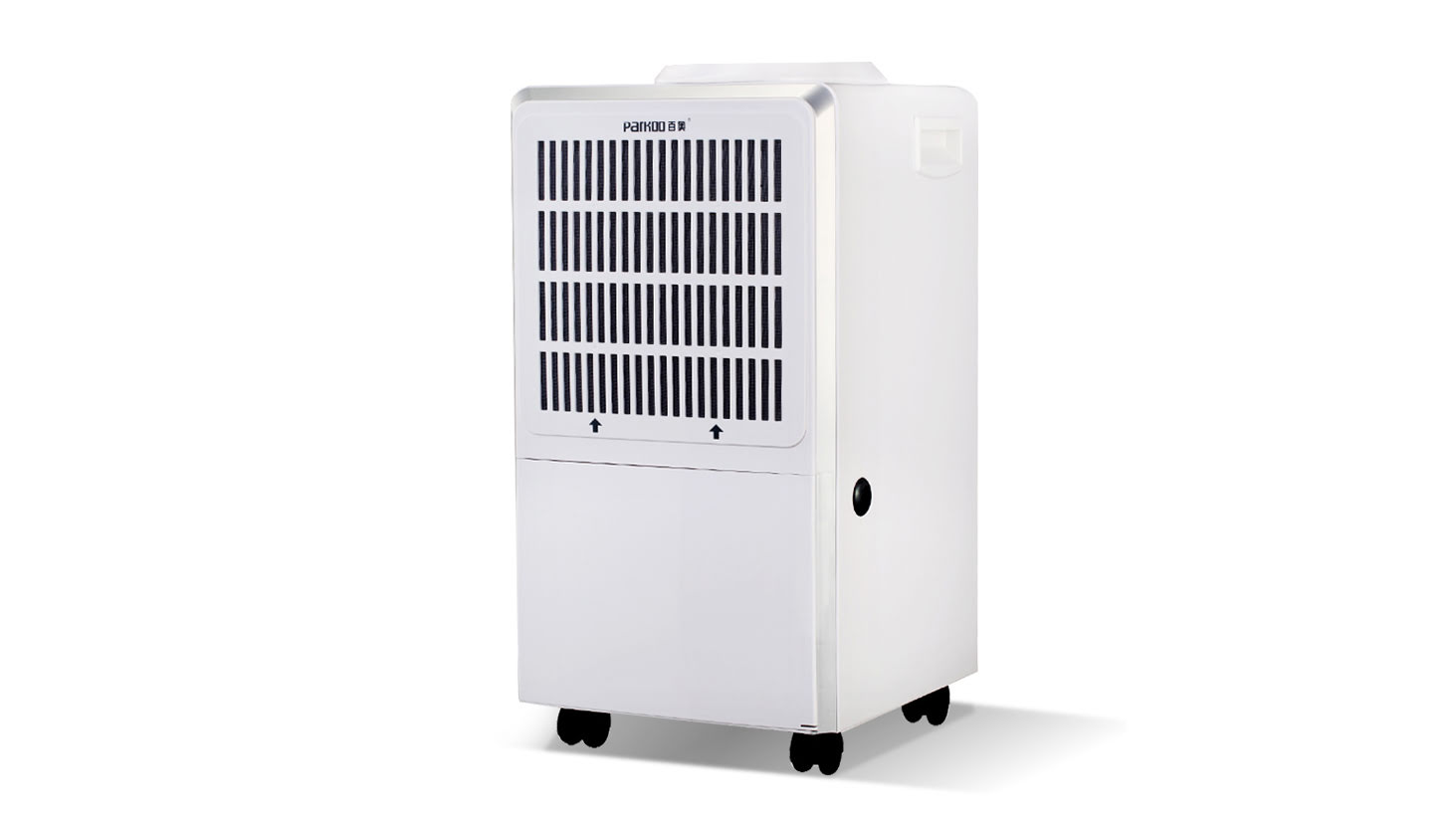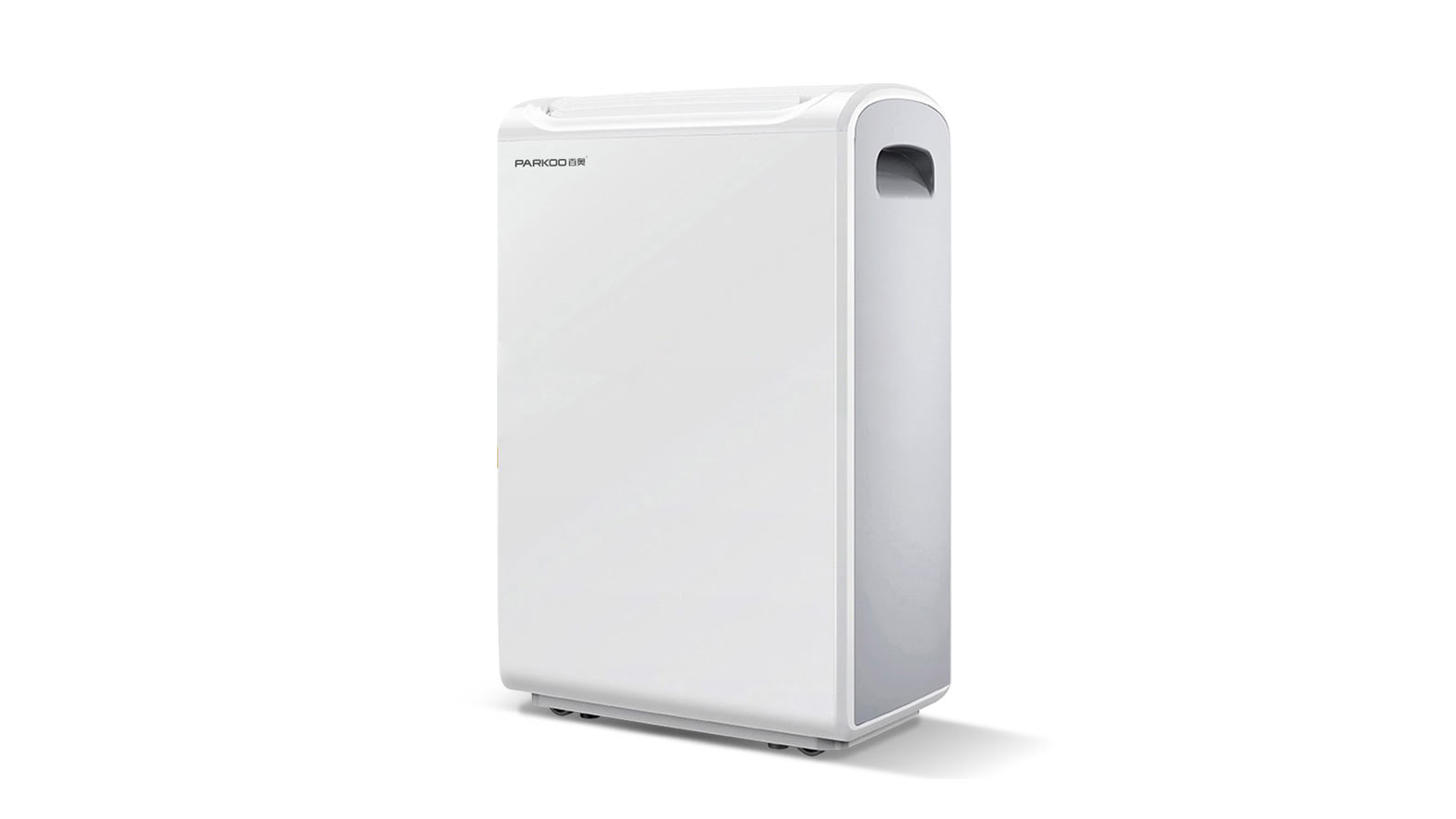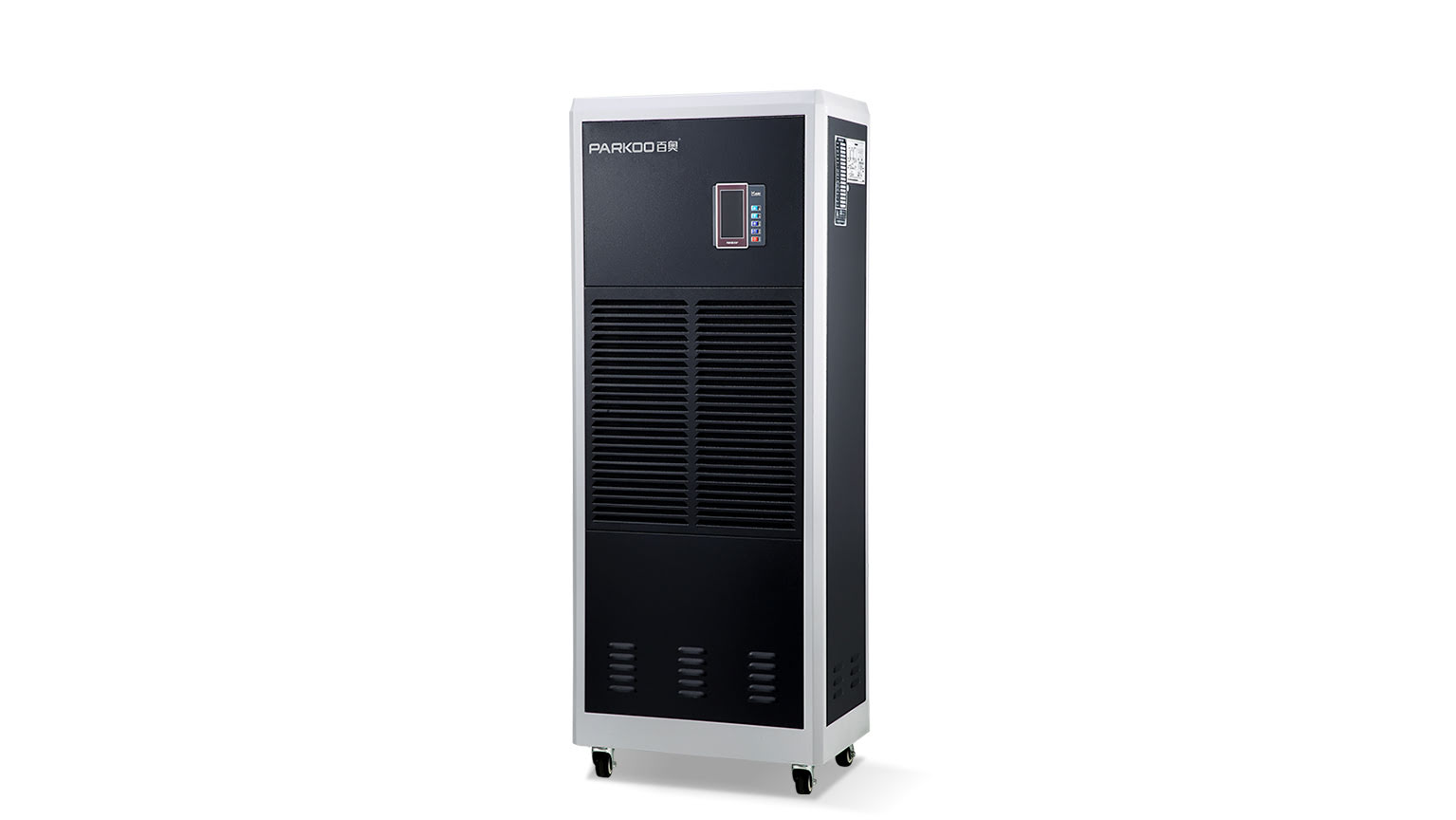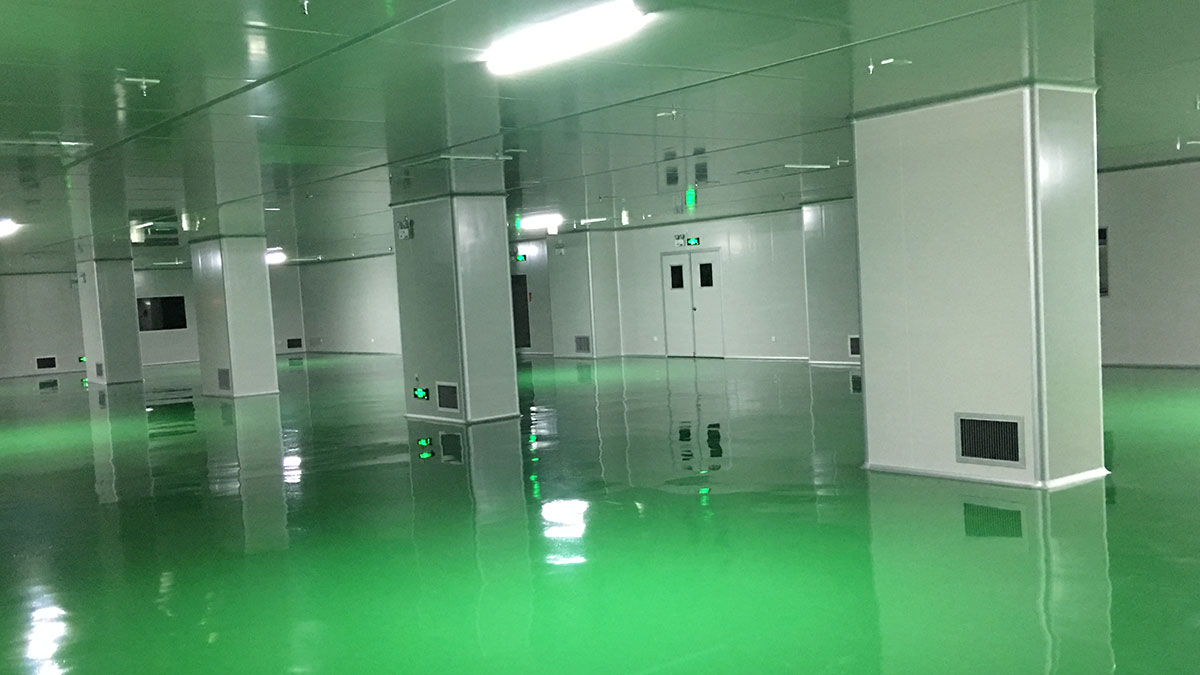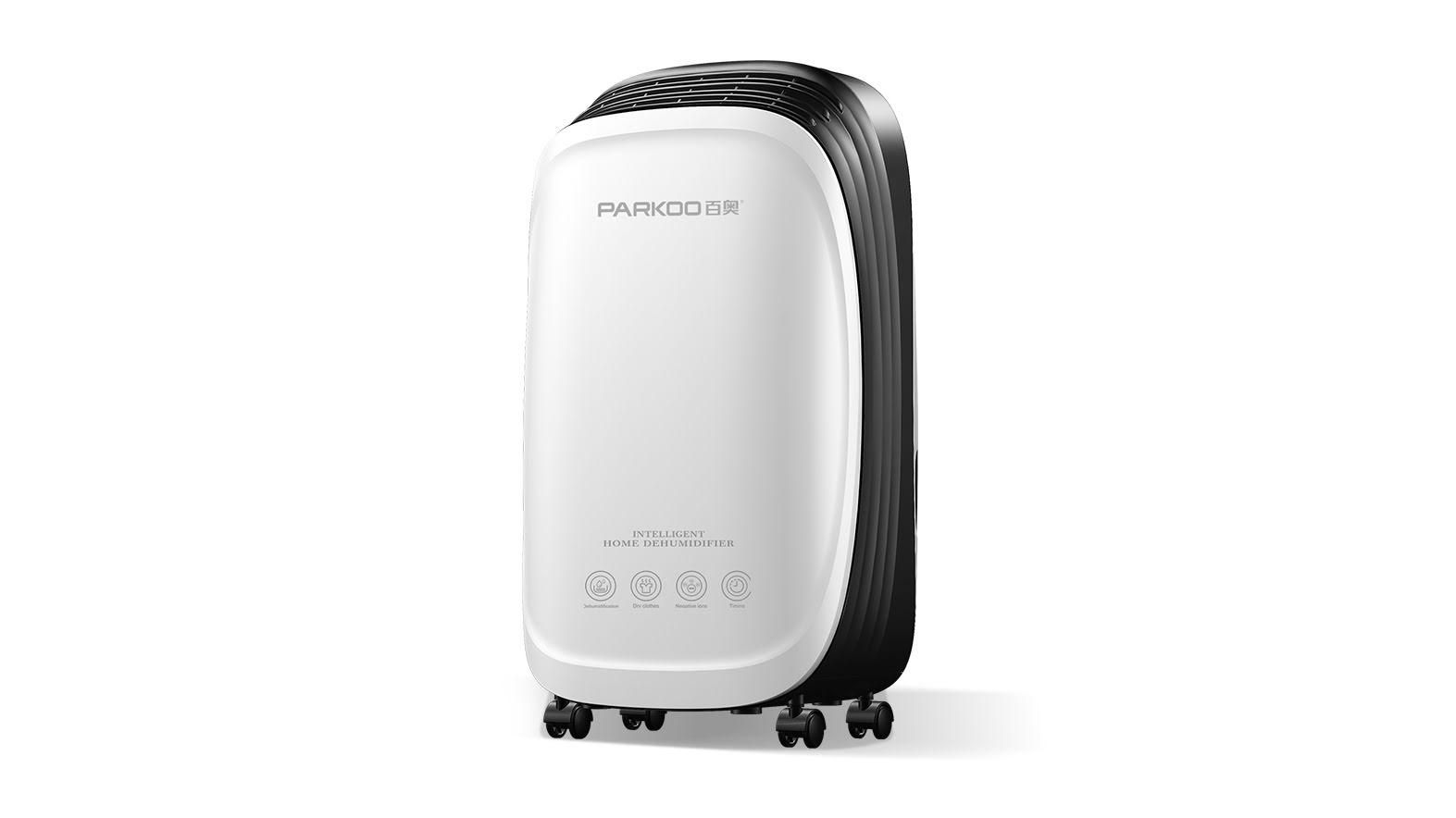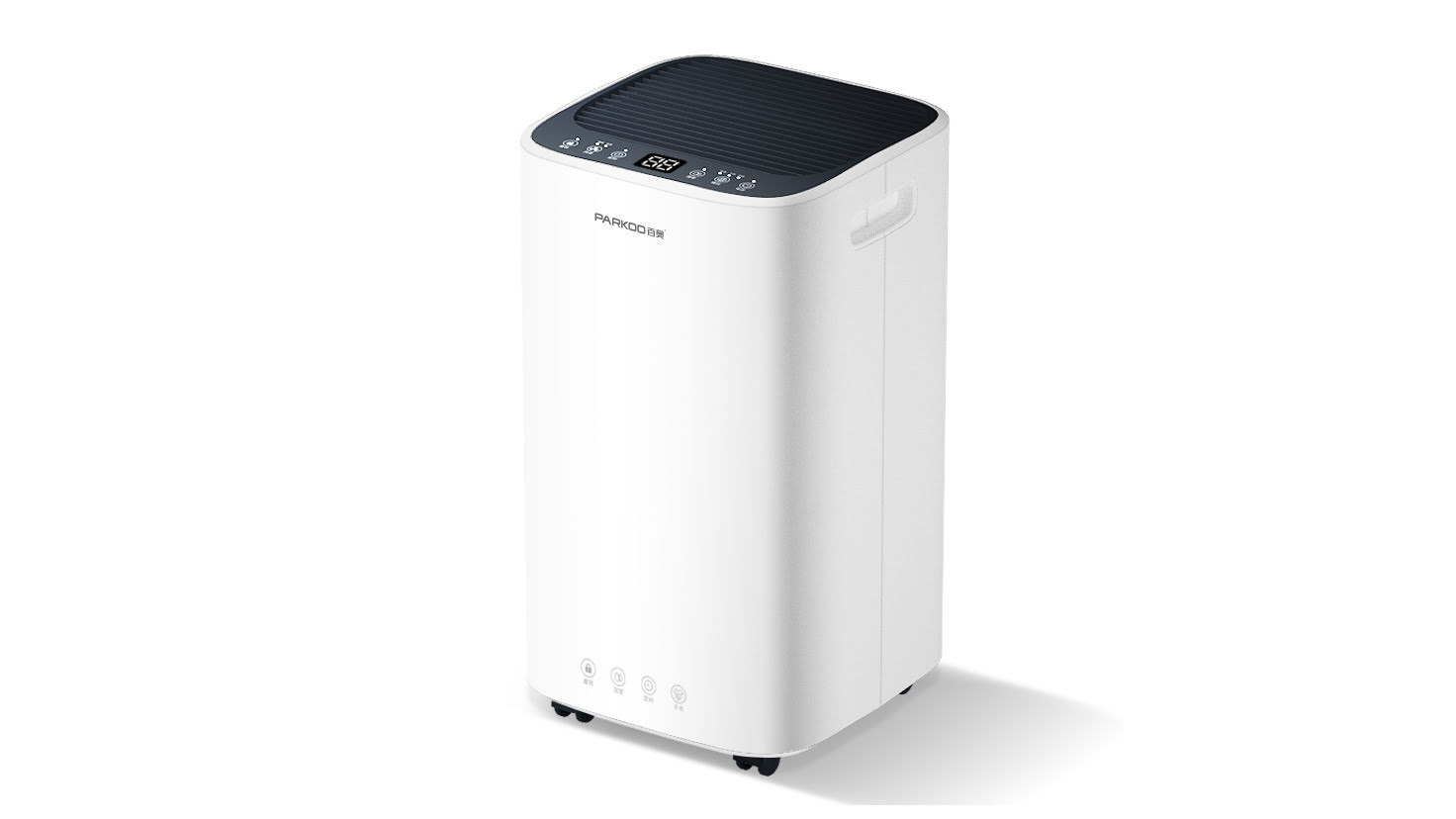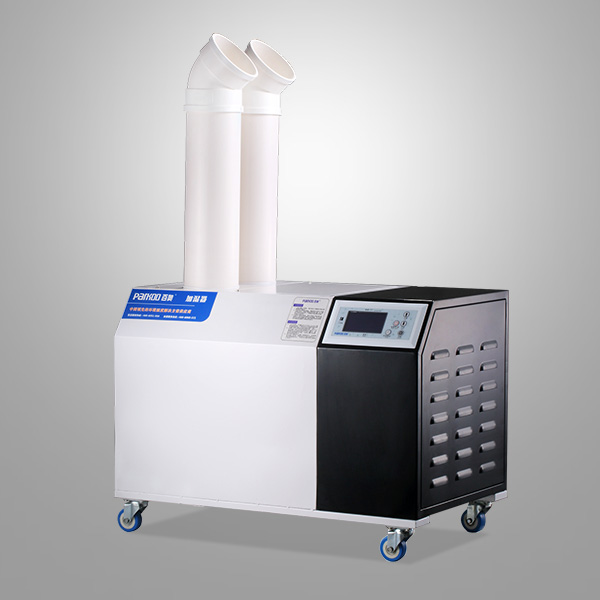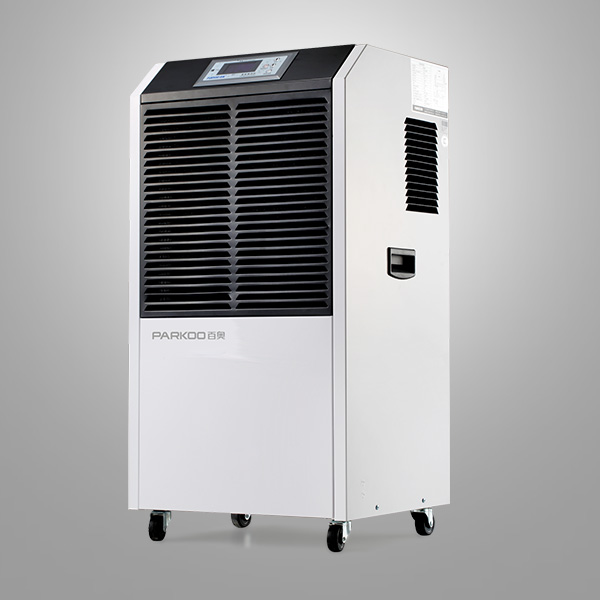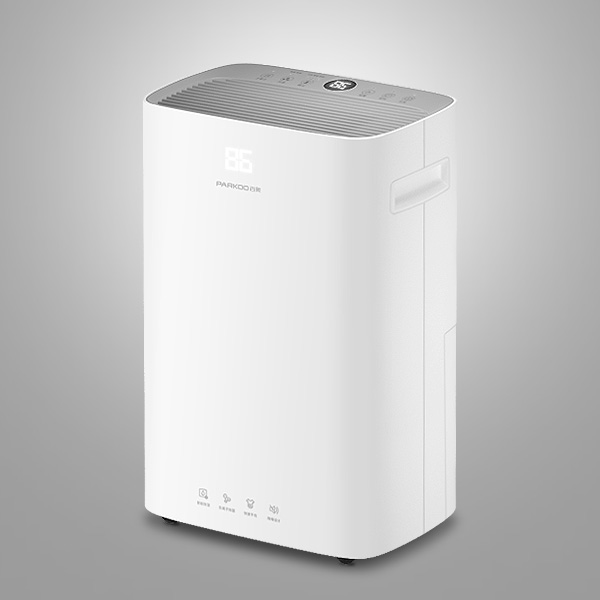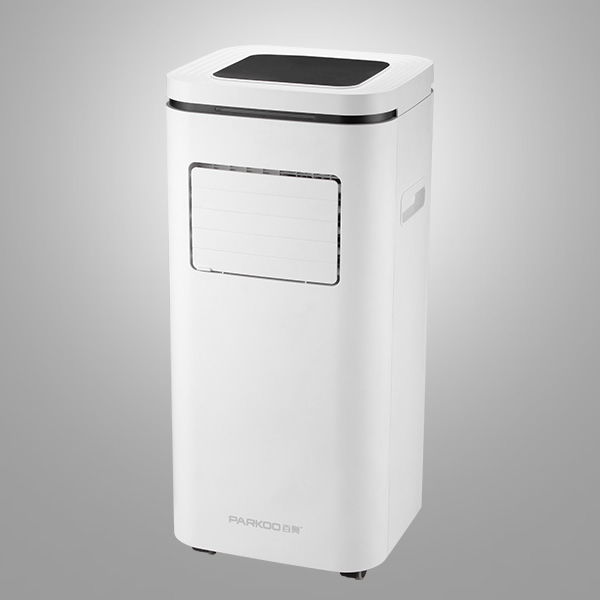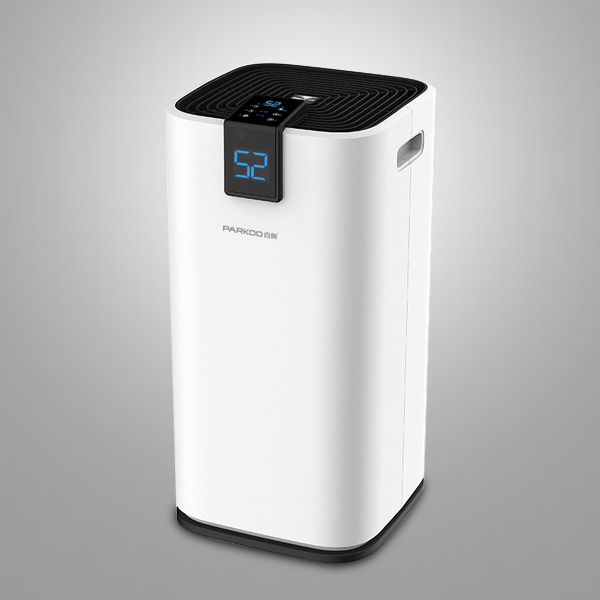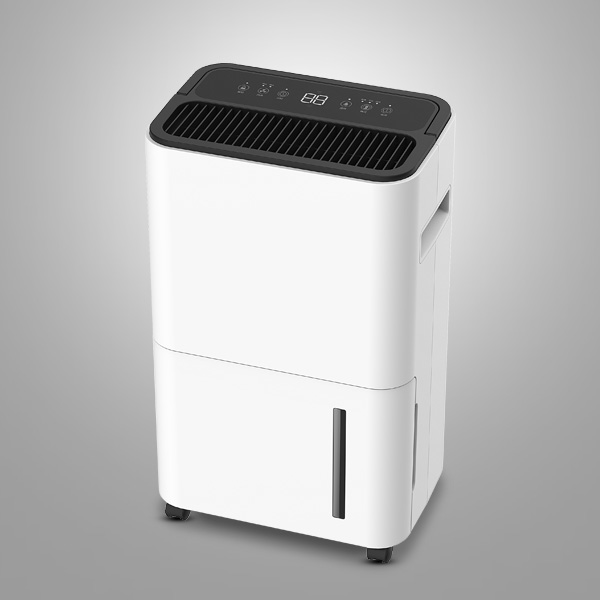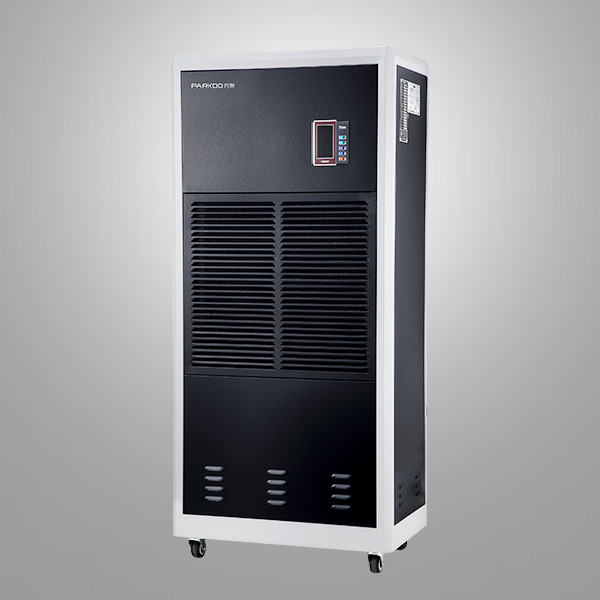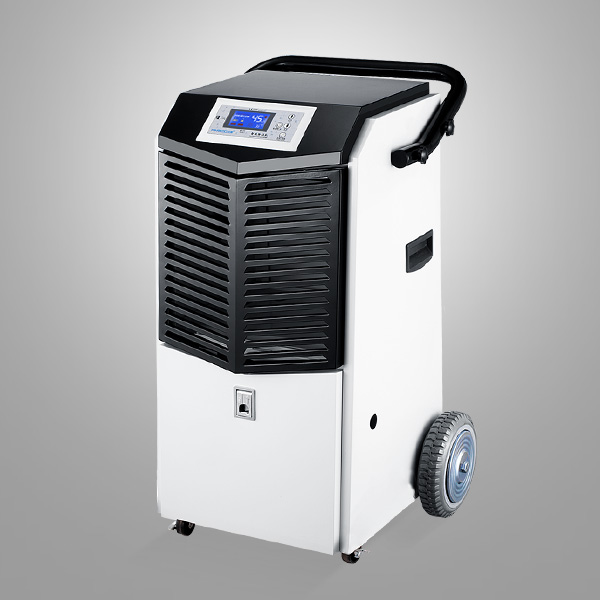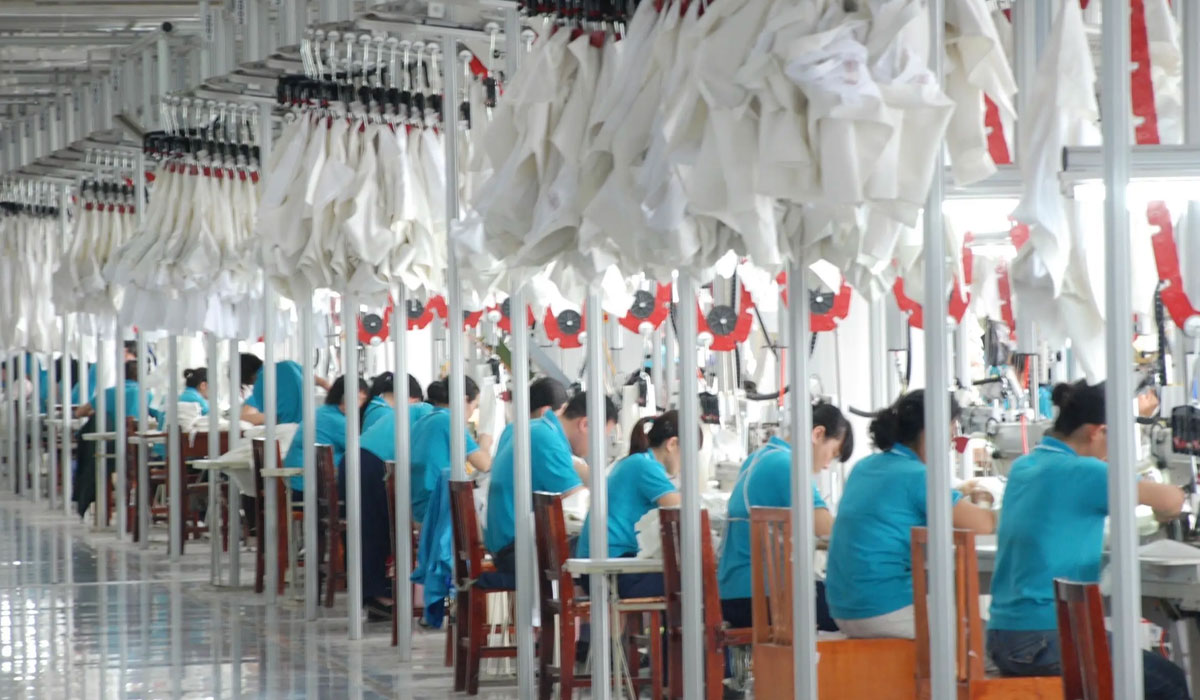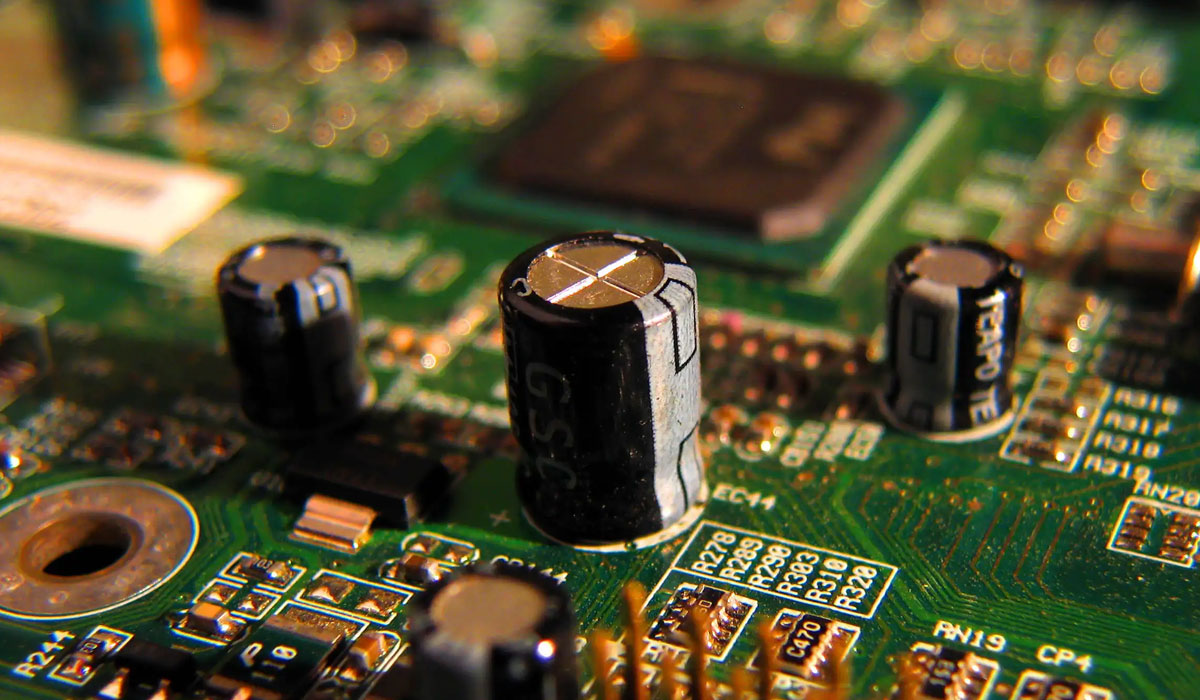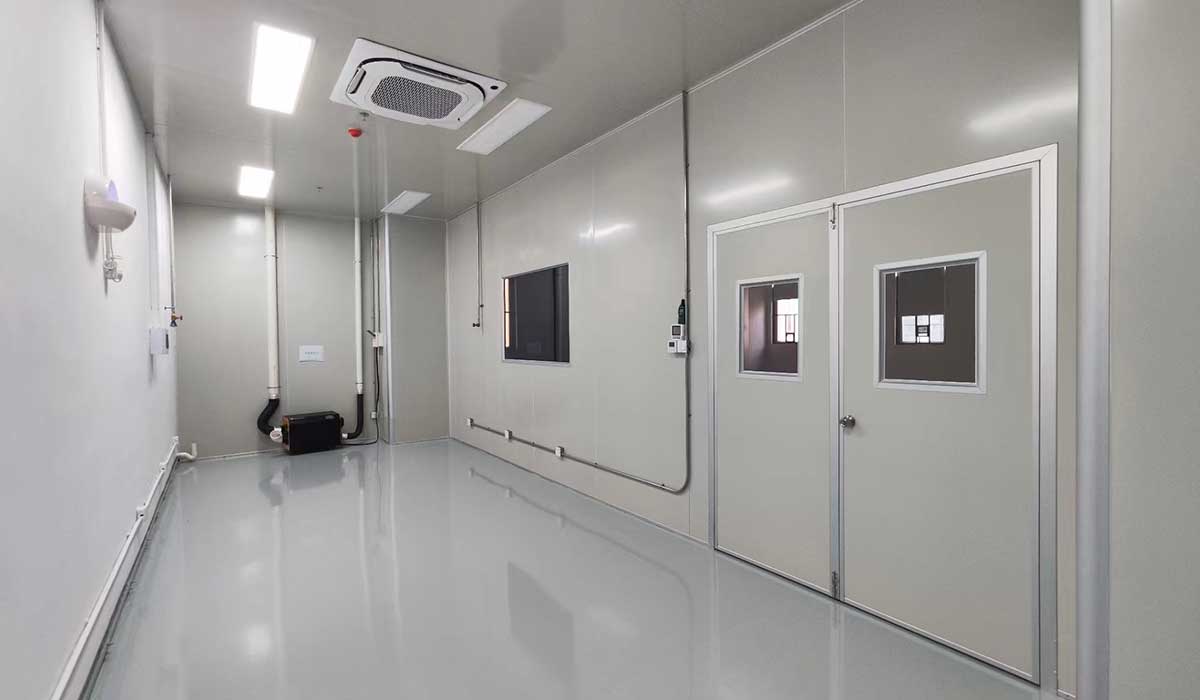At night, the baby's immune system has the opportunity to resist the virus and restore health. This is the perfect time to turn on the humidifier, add some water to the air, soothe dry throats and coughs, and help your baby fight against the virus. So what should you look for in the humidifier? Indirect Health Effects of Relative Humidity in Indoor Environment
Doctors recommend cold fog humidifiers. There are two types of humidifiers - cool and warm fog. Both will increase the moisture in the air, but their effects are different. A cold mist humidifier forces water to dissipate into the room without the need for heat. Warm fog will heat the water and then send it into the room in the form of steam. Although you may think that warm mist will be better because it will keep your baby warm and comfortable at night, cool and warm mist are mutually effective to help cough and breathe. But warm atomizing humidifiers are dangerous for babies' rooms: they may overflow hot water and burn the baby if they get too close to the steam. They are also more expensive than cold fog because they have added heating elements. But don't be fooled, being more expensive in this situation doesn't always mean being better
The noise level varies depending on the model. Some humidifiers operate low-quality fans and fan motors, bringing valuable drones into the baby's room. Better humidifiers use quieter fans. The cool fog is also quieter than the warm fog, as there are no background bubbles or hissing sounds from the water boiling inside the unit
Bacteria and bacteria cause problems. If your baby is sick, the last thing you want to do is inhale more bacteria into their room. All humidifiers, even ultrasonic humidifiers, as well as warm and cool humidifiers, can accumulate mold and bacteria in their tanks and other components. So if you are considering using a humidifier in your baby's room, then you must clean it regularly (like every day)! A solution of 90% water and 10% bleach is perfect, just make sure to rinse after cleaning
Infant humidifier: benefits?
Baby humidifiers Before we learn how to choose the appropriate humidifier for children's rooms, we need to decide whether to need it
To address this, we provide you with several questions to answer:
Does your child have sleeping problems?
Does his skin and outer shell dry regularly Is your child prone to catching colds He is getting tired quickly and often gets mischievous, especially in winter Does your child often get sick If at least one answer is yes, you need a humidifier because it is dry air. Now let's figure out why dry air can have a negative impact on our healthIf we say this, dry air is used as a sponge to absorb the humidity of our organism - from hair, skin, respiratory tract, so dry mucous membrane. The crust begins to form a nose, and a child may experience difficulty breathing, and the dry mucosa cannot defend against viruses and microorganisms. As a result, a child encounters trouble while sleeping, gets tired quickly, and often falls ill due to the deterioration of the immune system. This increases the occurrence rate of allergic reactions caused by small dust particles in dry air falling into the respiratory tract, and may be a cause of irritation. That's why baby humidifiers are an essential choice in winter
In summary, we can say that dry air causes:
immune system reduction Dry mucosa Nasal congestion
Rest Sleep disorder
Allergic tendency
Nervousness and nervousness
Violation of breastfeeding Considering! The optimal humidity for the human body is 40-60%, depending on the season
All possible heaters, metal radiators, heat pipes, and even in an ordinary apartment, the dry air is very dry. Generally, according to statistics, the humidity at home in winter is as high as 20%, which is the same as that in Sahara
When you are looking for a humidifier, you want to consider several standards:
1. The best humidifier for babies is easy to use and clean. This is not just important for obvious reasons. If the humidifier is not cleaned regularly, air can be introduced into the air. Stagnant water is the perfect breeding ground for various eggs
To avoid adding bacteria to the baby's air, be sure to empty the humidifier every time it is turned off, and only fill it up when you want to turn it on again. If the humidifier is easy to clean, then you will be more likely to actually achieve this. You can also help reduce the growth of bacteria by placing the cleaning tape in the jar
Of course, you should also be easy to use, so that when your hands are full of sick babies, you won't have any extra trouble
2. Ensure to choose a humidifier without a filter. Filters are a major hassle, so it is important to avoid these additional models. When a baby gets sick, all of this is to make life as easy as possible, right
3. Quiet operation is very important. Some humidifiers can be quite noisy - especially those with fans. If you think your baby may be disturbed by breathing sounds, it is best to choose a very quiet model
